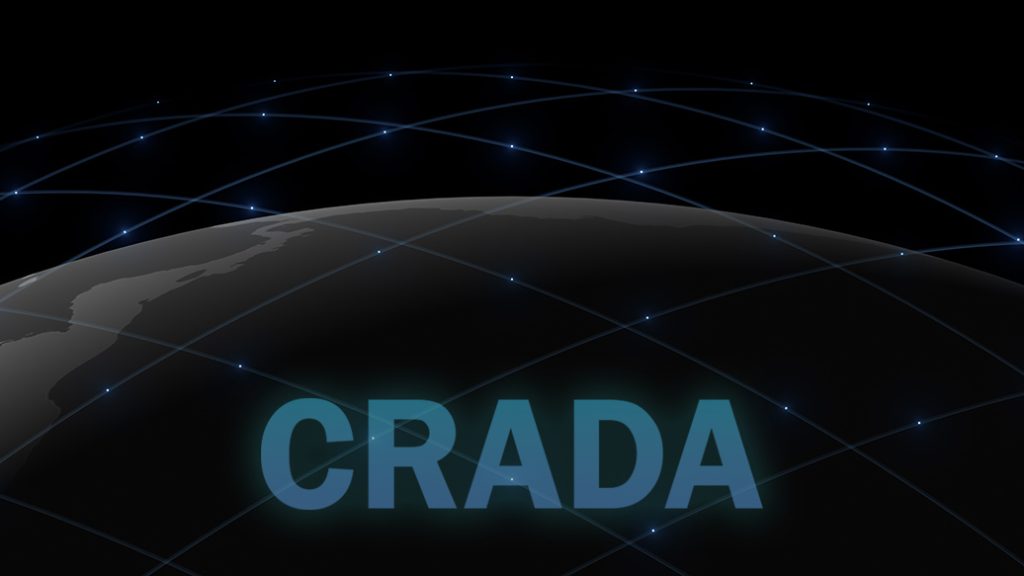NOAA, SpaceX Enter Cooperative Agreement for Automated Collision Avoidance R&D
NOAA’s Office of Space Commerce (OSC) and Space Exploration Technologies Corp. (SpaceX) have entered into a no-exchange-of-funds Cooperative Research and Development Agreement (CRADA) for research and development activities related to automated collision avoidance and satellite conjunction assessment screenings.
Under the terms of this CRADA, OSC will perform an astrodynamics evaluation of SpaceX software.
“SpaceX is advancing the state of the art in space operations, using software in support of automated collision avoidance to safely manage thousands of satellites at a time,” said Richard DalBello, Director of the Office of Space Commerce. “We are excited to be partnering with them to evaluate their software as a tool for enhancing space safety and sustainability.”

SpaceX designs, manufactures and launches advanced rockets and spacecraft. SpaceX’s Starlink satellite constellation delivers broadband internet across the globe, with over 5,000 satellites deployed to low Earth orbit.
As the Federal agency responsible for providing civil space situational awareness (SSA), OSC is standing up a modern SSA system – the Traffic Coordination System for Space (TraCSS) – and engaging satellite owners and operators on best practices, standards, and processes for long-term space safety and sustainability. This CRADA’s research efforts will assist OSC in developing capabilities to deconflict and manage the increasingly crowded orbital environment.
OSC is moving out on a variety of commercial partnerships to accelerate development of TraCSS. In addition to working with SpaceX under the CRADA, the office recently placed orders with three commercial SSA companies to support a Consolidated Pathfinder for TraCSS. The office plans to announce additional partnering opportunities in the near future.
For more information on this CRADA, and about partnering with NOAA and NOAA’s ongoing public-private partnerships, visit the NOAA Technology Partnerships Office website, https://techpartnerships.noaa.gov/
Note: Any reference obtained from this website to a specific company, product, process, or service does not constitute or imply an endorsement by NOAA.